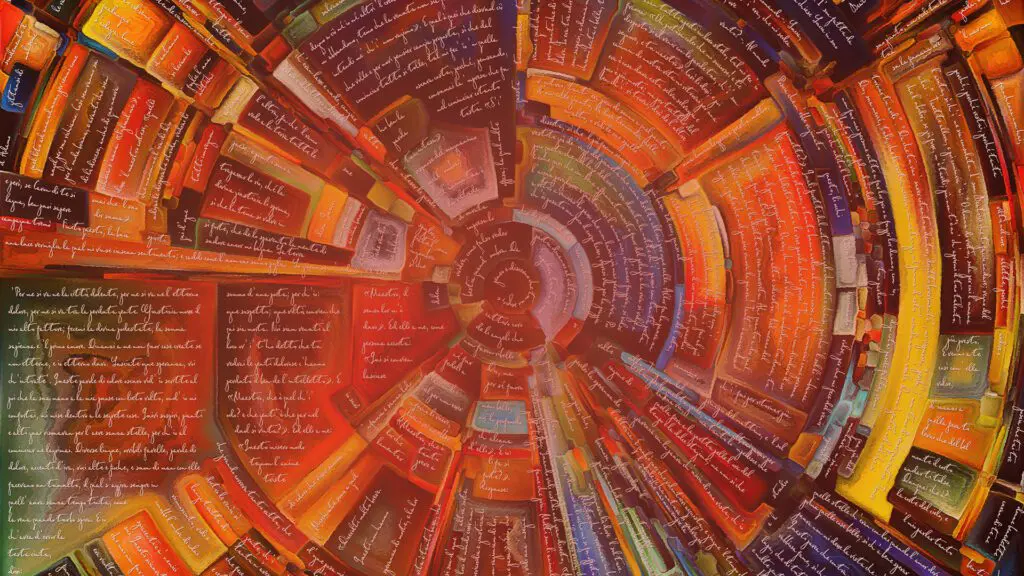This program offers a mythic pilgrimage from isolation to community via knowledge of the heart.
Dennis Patrick Slattery has been in love with Dante Alighieri’s 14th. century poem ever since he was introduced to it in graduate school at the University of Dallas. Since those days, he has taught it in Pacifica Graduate Institute’s Mythological Studies program for many years. The ways into this narrative epic are as numerous as the thousands of lines that comprise the three canticas: Inferno, Purgatorio and Paradiso.
Dante’s Divine Comedy is a rich mythic, poetic, psychological, historical, political and spiritual creation by one of the great imaginations in world literature. This course will emphasize reading and participating in Dante’s remembered journey through the corridors of your own personal myth.
This course will be exploratory in nature. Participants are encouraged to pay heed to their own insights of this classic pilgrimage.
This course explores some other key themes, including:
- Dante’s struggle to craft the poem.
- Our role as readers who are called upon in several instances to complete the poem when Dante reaches his limits of poetic expression.
- The moral and psychological territories of what the Catholic Church labeled the major dysfunctions of the soul: pride, covetousness, lust, anger, gluttony, envy and sloth. Each has its own terrain, and each is a form of loving gone awry, either in its excess, scarcity or distortion. They reflect psychological attitudes in the soul of every human being as well as in our culture today.
- A pilgrimage from unconsciousness to consciousness.
- The instrumental role of the guide, the mentor, the tutor.
- The creative process that we are made aware of throughout this remembered journey.
- The power of analogy as a way of knowing by indirection.
- Learning to ask the right questions as the soul expands out with a heart of compassion.
- Liberation from the clinging ego to a universal understanding of ourselves within and in relation to our wider world.
- Dante’s imaginal universe of what he calls “animarum statem post-mortem,” the state of souls after death. The poem transports the reader into the realm of eternals.
- The terza rima rhyme scheme, what Dante called the third rhyme, is an integral part of his poem’s structure as well as the structure of our lives in time.
- The nature of our personal stories as we recollect them with the aid of the poem. As with Dante, so do we recollect from who and where we are now, back to who we were then. We lead a double life through two selves, both still in process.
We highly recommend Slattery’s book for this course:
Day-to-Day Dante: Exploring Personal Myth Through The Divine Comedy by Dennis Patrick Slattery (iUniverse, 2011) available in kindle, paperback and hardback.
This book from Slattery is the one he will use as a place of discussion for the poem and then to write occasionally for ten or fifteen minutes. The goal here of this course is to involve you deeply and consistently in the poem and see its analogies with your own life pilgrimage.
Slattery’s book will be a complement to Allen Mandelbaum’s translation of Dante’s Commedia that is cited throughout the course. It contains the entire poem translation by Mandelbaum and is helpful in case you would also like to wrestle with Dante on your own.




